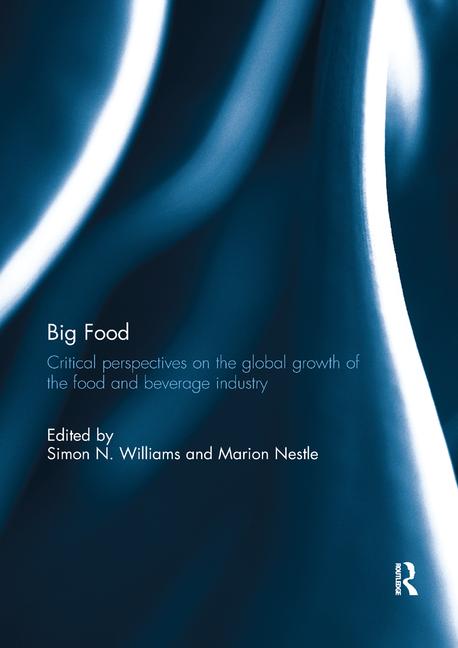Responding to Today's Food & Beverage Consumers
Rabobank survey's readership to offer advice to food industry CEOs

In the fall edition of Talking Points, Rabobank offered advice to the CEOs of big food companies based on reader response to the question, “What single piece of advice would you give to the CEO of a big food company on how to respond better to today’s consumer?”
Abridged Summary
“THAT’S A TOUGH ALGORITHM”
First off, being a compassionate bunch, our readership was more than a little sympathetic to the plight of the captains of the food industry. Reading the responses, it quickly became evident that no one was particularly envious of the task in hand or even the job. As one pithily put it, “If you are the CEO of a food company today, best of luck to you.” Certainly, no one underestimated the magnitude of the undertaking (especially in the US market), with one conceding it was a “tough algorithm” and that “right now, there are no easy answers” for Big Food to “manage the mix of culture, leadership, process, structure, and incentives in established companies.” As one put it, “The change that Millennials have brought to the ‘table’ has been overwhelming,” such as the flight from big brands, localization, and food on-the-move rather than at sit-down occasions. All of this presents challenges to Big Food companies, who come from the “position of global branding with high volume throughput and little customization.”
EMBRACE TRANSPARENCY – “WE DON’T WANT COMPANIES TO BE SECRETIVE AND OPAQUE”
The readership was very clear on the need for transparency! “One universal thing that today’s consumer is seeking is transparency in the foods they buy, as well as in how they are produced.” We received a deluge of requests for companies to kick open their doors and invite the public in, such as “put a genuine effort to bring true transparency and openness to the consumer.” After all, “transparency is one of the most important traits of success with today’s consumers.” And better to “be real” than “wait for an exposé to reveal failures in your supply chain.” One respondent urged CEOs to consider the implications of what greater transparency will bring in terms of empowering consumers and other stakeholders to engage with food companies “about what they do, how they do it, and why they do it.” This was considered important not just in terms of greater accountability but also because today’s consumers “want to own the brand as much as we do.”
REGAIN TRUST – “MORE THAN JUST TRANSPARENCY”
Transparency is often bundled up with trust-building initiatives, as the lack of transparency has contributed to a lack of trust. However, many readers called trust out separately. “One of the biggest issues here is the erosion of the consumer’s trust.” This begs the question: beyond greater transparency, how else to rebuild trust? Fortunately for CEOs, there was no shortage of suggestions.
INNOVATE, INNOVATE, INNOVATE! – A CALL TO ACTION
Despite the ongoing attempts of large food companies to innovate, most advice by far centered around the need to “stop stagnating” and “innovate faster.” As one revolutionary argued, “the status quo is a losing strategy,” and “it is no longer okay to NOT prioritize innovation as the #1 priority for the company.” One pressed CEOs to revisit their innovation strategies because “it is probably not a true innovation strategy, but rather at best a good strategic intent.”
Looking for a reprint of this article?
From high-res PDFs to custom plaques, order your copy today!








